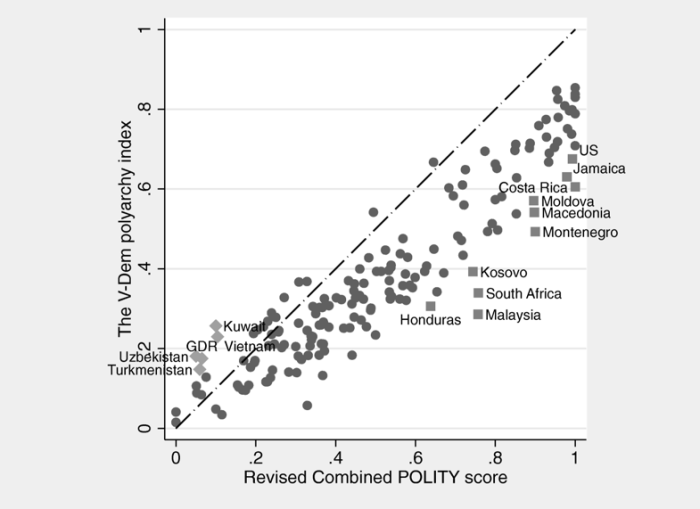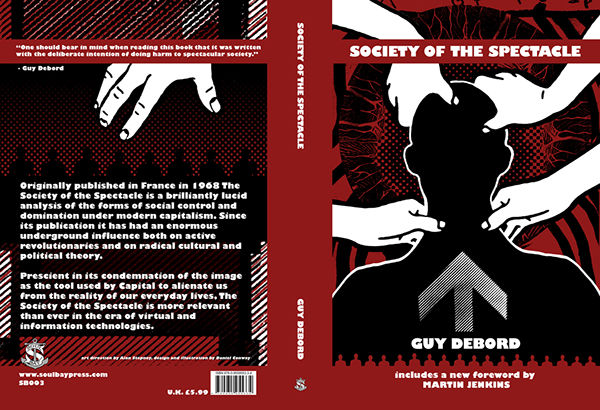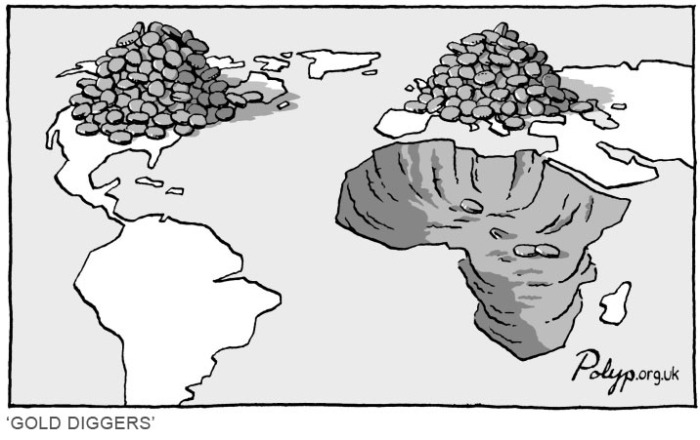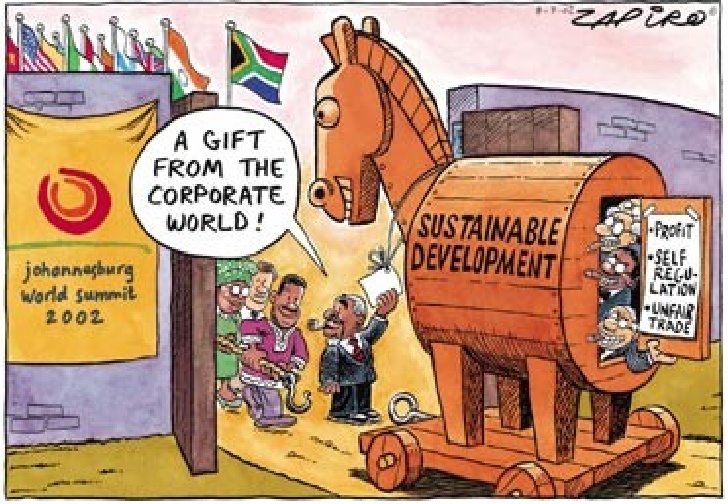The state is an abstraction. It is not something you can touch or see, you can only see the effect of the state. All this makes the state difficult to define. Here I would like to follow the following definition: the state is a bundle of social relations used by the ruling class to rule over the population.
When we talk of the state often we are referring to the national state, in our case Malawi. But we can also define a transnational state: there are social relations used by the ruling class to rule over us transnationally. There is international law, there is military intervention, there are economic sanctions, there are transnational companies influencing our lives. All these are social relations used by the ruling class to rule over us.
This means that by definition the state (national or transnational) is controlled by the ruling class. A ruling class is never a homogenous group of people, it is always necessarily a coalition of different groups, that together exercise power. Such a coalition is called a historic bloc.
We should not overestimate the influence of the Malawian state. Malawi is a small country with a minuscule economy and ineffective governance. The ruling class in Malawi do not seem to be looking for the best ways to improve the state, the economy or the governance. It seems they are more busying themselves bickering amongst each other over the contents of the national kitty. How much can I extract in allowances, lucrative contracts or straight ahead cashgating?
This ineffective governance leaves a lot of space for the transnational state to influence our lives. A good example is the Malawi Seed Policy, which was co-authored by an employee of transnational seed company Monsanto, and formulated in such a way that it gives great advantage to transnational seed companies like Monsanto over local seed producers. The exploitation of Kayelekera Uranium Mine is another example.
We live in interesting times: at the moment in Malawi there is a power struggle happening between the political class, who control the repressive state apparatus (police, army, judiciary, jails etc) and the capitalist class, who control the private sector (as far as it is not controlled by politicians). These private sector capitalists have partly different interests than the political class. They have an interest in a neoliberal democracy, with rule of law, and especially strong property rights of both people and corporations. The political class has an interest in keeping the neopatrimonial power relations in place. Notice how the large majority of the population is disempowered.
The local capitalist class is trying to form a historic bloc, not with the local political class, but with the transnational capitalist class, which has a parallel interest in a neoliberal state. International donors for the large majority are funded by capitalist countries that will prosper with a transnational capitalist (neoliberal) order. So international donors are promoting this neoliberal order in Malawi as they do elsewhere. They fund projects like “rule of law” and privatization projects (like ESCOM). At the same time they need to deal with the national political class, which has an interest in collecting the funds from these projects, but not in the neoliberal content of the projects. We see, time after time, that project funds are taken and disappearing, which enriches the local corrupt people, and at the same time the content of the projects is being subverted. With ESCOM privatization this is clearly the case, and the second trench of the funds has never been transferred, because the first trench was disappeared with murky administration.
This creates huge chagrin in both the donors and the capitalist class (both national and transnational). These are the classes owning companies, like the newspapers. Consequently we see the newspapers fulminating against all this corruption. This to the chagrin of the political class, who lambast the media at every opportunity.
In all this the population is not represented, and our interests are overruled by the two classes making up the ruling class in Malawi.
Practically, what can we do to improve the situation, and get a real democracy, meaning rule of the people, rather than rule of the ruling class?
This is not an easy question to answer.
I propose that we start by the realization that the type of governance of a country is created by the type of economic relations in the country. (this follows the base-superstructure analysis of Karl Marx). That means we need to change the society in order to improve governance. We cannot expect improvement by simply replacing one ruler with the other: they are all from the same ruling class, and represent the same interest groups. We should disrupt the society, to make change at the level of the state possible. We cannot hope for improvement from either the local political class, or the transnational and national capitalist classes: they represent only the interests of small groups. We need to organize ourselves and disrupt the business-as-usual situation in the country.
Unfortunately the local political class has shown it is prepared to use deadly violence against any serious contender to its arbitrary power: the last time we contested the power was on 20 July 2011, and the result was a twenty fold murder of demonstrators by the repressive state apparatus, which was mobilized on behalf of the political class. We can be sure that, if we find a way of overpowering the police, the military will be called in with even more deadly violence.
A direct confrontation with the state is dangerous and can only be successful if we decide from our side that we are prepared to pay a heavy price in human lives as well as capital destruction. At the moment it seems action preparedness of the population is even lower than in 2011, when follow up demonstrations were cancelled in the light of the heavy death toll the political class inflicted upon us.
We should find other ways of disrupting the neopatrimonial order, to improve society. The Political philosopher Antonio Gramsci called this a “war of position”. This prepares for the final push in taking over the state, which he called the “war of maneuver”. This is done by cultural means: we need to educate our children, our fellow citizens (both Malawian and transnational) in the ways the ruling class are ruling over us, and engender a conscientization of the population to their plight, the real construction of the state and to devise ways of improving society and our lot. This article is one little step, I request support from all of you. Teach, talk in the bottle store, write articles and FB posts. Each in our personal situation should contribute to the improvement of our society.
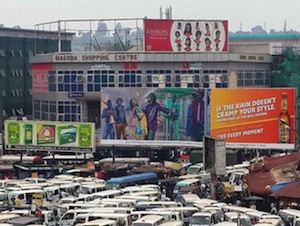
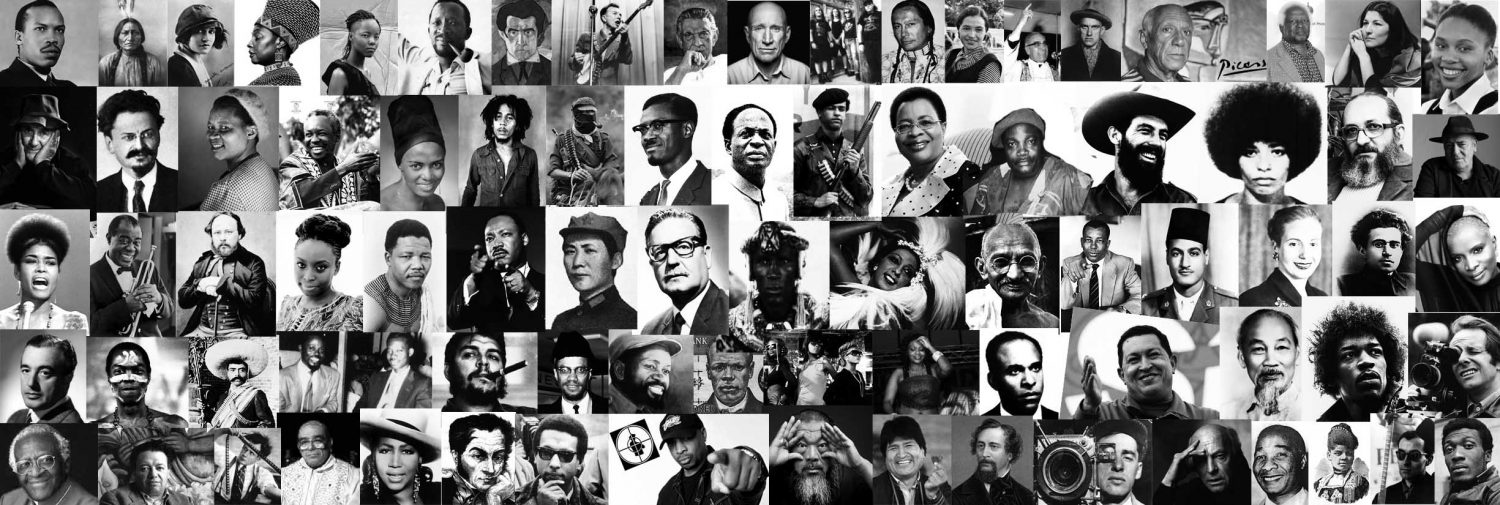
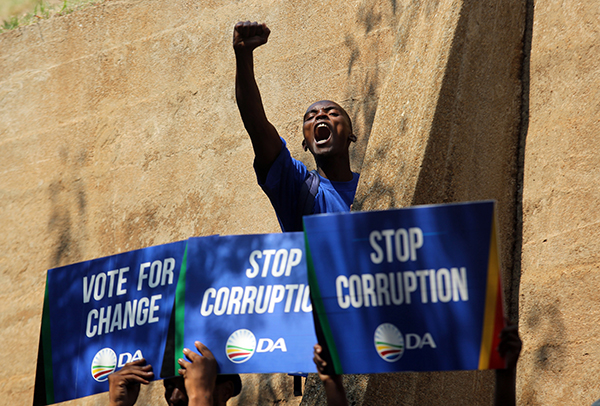
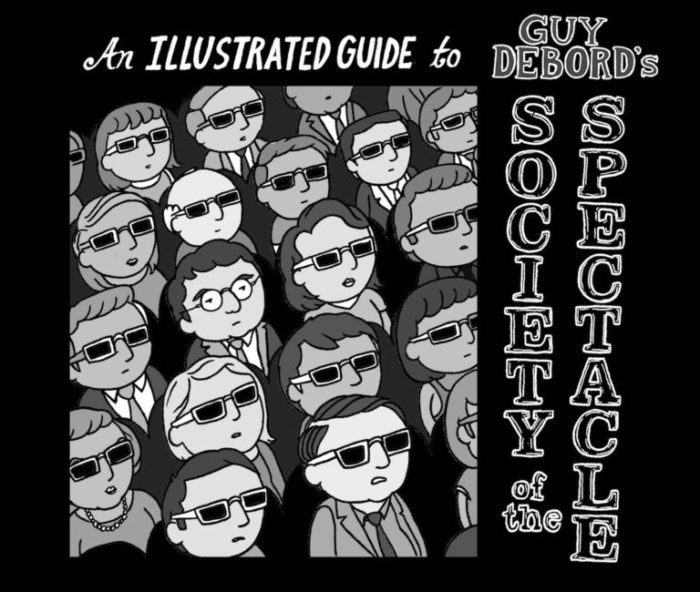
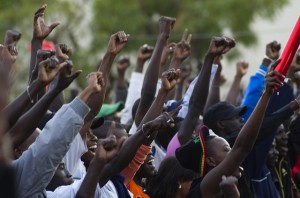 Since the end of the cold war, neo-liberal economic globalization has caused core countries’ (“western”) foreign policy to shift from supporting authoritarian regimes (like Dr. Banda’s or the Apartheid regime) in the periphery (like Malawi) and the semi-periphery (like South Africa) to supporting limited democratization based on engineered consensus through formally free and fair elections. This ties in with the Gramscian concept of “cultural hegemony” as an instrument to get the oppressed population to cooperate to its own oppression and exploitation.
Since the end of the cold war, neo-liberal economic globalization has caused core countries’ (“western”) foreign policy to shift from supporting authoritarian regimes (like Dr. Banda’s or the Apartheid regime) in the periphery (like Malawi) and the semi-periphery (like South Africa) to supporting limited democratization based on engineered consensus through formally free and fair elections. This ties in with the Gramscian concept of “cultural hegemony” as an instrument to get the oppressed population to cooperate to its own oppression and exploitation.